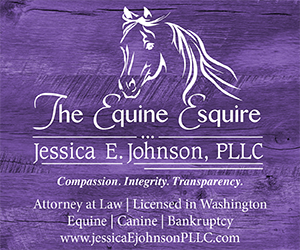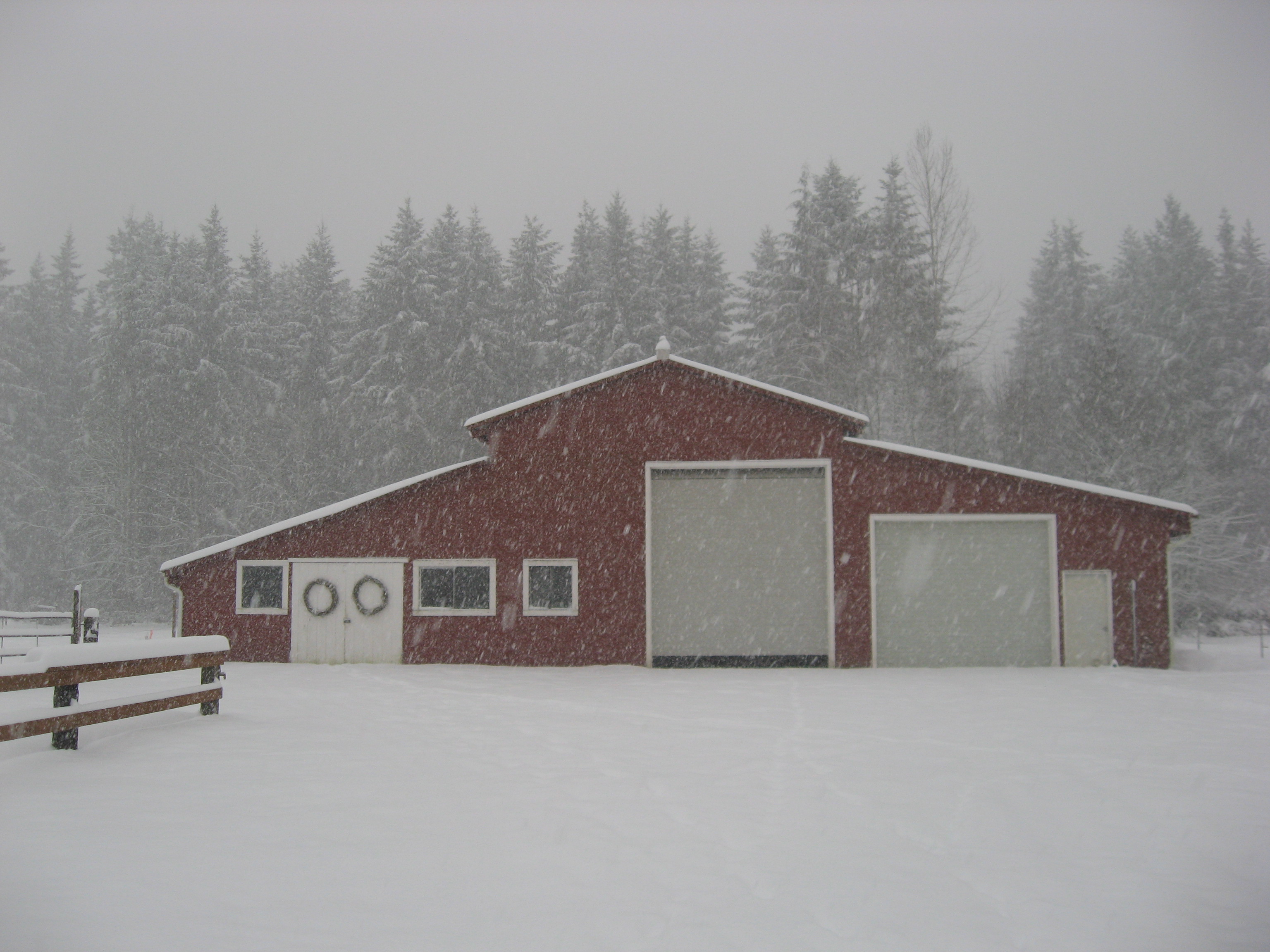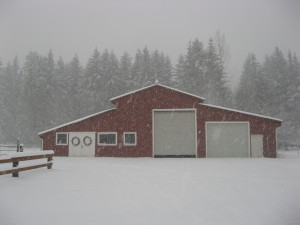The Basics of Commercial Equine Insurance
By JoAnn Maynard
I do a lot of traveling with my horse to different boarding facilities and farms. Because of my insurance background, I look at things a little differently than other people do.
Awareness and attitudes at facilities about safety and liability issues vary greatly.
Now I know that a lot of horse/farm owners are from the old school and don’t give this liability issue another thought. And that’s ok. But, how does this affect you when the worst happens?
Let’s assume that the location you are boarding at is doing everything right and has commercial equine insurance. Along with posting warning signs the facility should restrict access from the general public as much as possible, have everyone who uses the location sign a liability waiver, and have gates that do not allow a horse that gets loose- and they will- to get out on the road.
Besides the above, what can you do to protect yourself?
First:
Your first defense is to check and see if your homeowner’s liability covers you when you take your horse to a boarding facility or show. Some polices do and some do not. Some policies exclude coverage at home or away from home for horses totally. If you take money for any horse-related activity your home policy will not cover you in most cases. You need your own equine liability policy. Check with your agent by e-mail and get the answer to this question in writing if possible.
Second:
If your horse is known to bite or kick post a sign on the stall and warn others verbally when you are riding. Be aware that lending your horse or tack opens you up to being sued if someone gets hurt. This is especially true when you allow a child to ride or pet your horse. I could never say no to a child that wants a ride, but always get permission from the parent. If something happens, I accept that I may be held responsible.
Third:
As we talked about in the last article the person that gets hurt may not sue you but their medical insurance company or the hospital will. Even if they are a friend or relative their insurance company can and will go after the horse owner for the cost of the injured parties.
With regard to the issue of the recent herpes outbreak: If your horse spreads this virus can you be sued? The answer is yes. If you knowingly bring a horse that is sick around other horses you can be held responsible. However, horse owners do have the new equine laws that give some protection for their horse activities. If you take reasonable care you may not be liable in most states. Check your individual state laws.
Equine ownership holds many rewards and responsibilities. But for this rider, the rewards are priceless.
About the author: JoAnn Maynard is an avid amateur rider and has over 20 years of experience in the insurance industry. She specializes in Equine Insurance Coverage and offers free seminars. Contact her through Joann’s Insurance LLC 1338 Commerce Ave #108 Longview WA 98632 (360)636-5000.
Disclosure statement: This article is not meant to be legal advice or represent any particular company’s coverage. Check with your insurance carrier for details on your home policy.
Published September 2011 Issue

The Northwest Horse Source is an independently owned and operated print and online magazine for horse owners and enthusiasts of all breeds and disciplines in the Pacific Northwest. Our contemporary editorial columns are predominantly written by experts in the region, covering the care, training, keeping and enjoyment of horses, with an eye to the specific concerns in our region.







